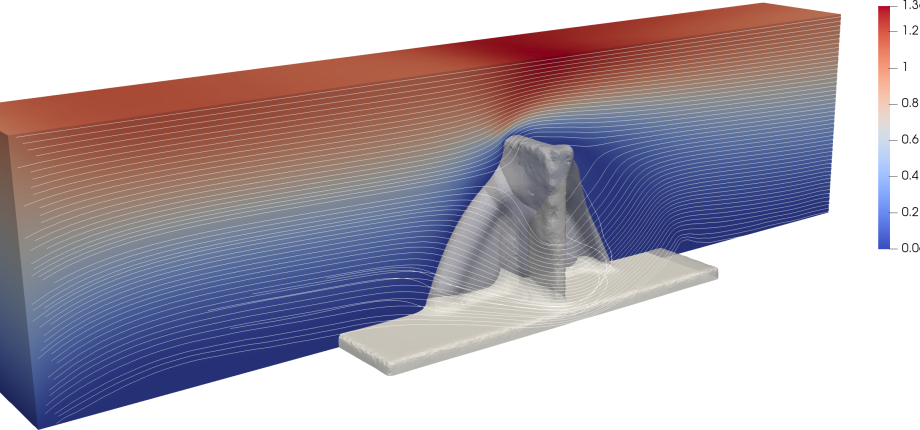PhD seminar

Séminaire des doctorants du CMAP et du CMLS
Équipe d'organisation : Margherita Castellano, Armand Gissler, Emmanuel Kammerer, Grégoire Pacreau, Matthias Rakotomalala, Nathan Sauldubois, Emmanouil Sfendourakis.
2023-2024
Mercredi 22 février (15h-16h): Grégoire Szymanski (CMAP)
The two square root laws of Market Impact and the role of sophisticated market participants
In this study, we revisit the Hawkes order flow model for market impact initially introduced by Jaisson in 2015, which assumes linear market impact for individual orders and a price process modeled as a martingale. Our approach extends this model by introducing sophisticated market participants capable of reshaping the volatility profile. The strength of our methodology lies in two primary aspects: firstly, it relies on minimal or no additional assumptions, and secondly, it yields closed-form expressions for market impact. Notably, our analysis leads to the recovery of two well-known square root laws. Specifically, for a fixed duration, market impact scales proportionally to
, where
denotes the participation rate. Additionally, for a given order size, market impact adheres to a power-law behavior with respect to the total duration.
Mercredi 8 novembre (15h-16h): Roberta Flenghi (CERMICS, Ecole des Ponts)
Central limit theorem for the stratified selection mechanism
The stratified resampling mechanism is one of the resampling schemes commonly used in the resampling steps of particle filters. In the present paper, we prove a central limit theorem for this mechanism under the assumption that the initial positions are independent and identically distributed and the weights proportional to a positive function of the positions such that the image of their common distribution by this function has a non zero component absolutely continuous with respect to the Lebesgue measure. This result relies on the convergence in distribution of the fractional part of partial sums of the normalized weights to some random variable uniformly distributed on [0,1], which is established in a companion paper by overcoming the difficulty raised by the coupling through the normalization. Under the conjecture that a similar convergence in distribution remains valid at the next steps of a particle filter which alternates selections according to the stratified resampling mechanism and mutations according to Markov kernels, we provide an inductive formula for the asymptotic variance of the resampled population after n steps. We perform numerical experiments which support the validity of this formula.
Mercredi 25 octobre (15h-16h): Mohamed Gharafi (CMAP)
Algorithmes mono-objectifs assistés par modèles de substitution pour résoudre des problèmes d'optimisation multi-objectifs
Multiobjective optimization (MO) problems involve balancing multiple, often conflicting objectives, resulting in diverse, incomparable solutions. Solving these problems typically demands costly algorithms due to the challenge of approximating the Pareto set, which may be infinite. Especially when dealing with expensive black-box functions, minimizing function evaluations is crucial.
Sofomore is a framework that leverages existing high-performance single-objective algorithms, such as CMA-ES, to solve MO problem. By construction, It allows easily the extension of single-objective algorithms to costly setups through surrogate-assisted single-objective variants. In this presentation, we propose novel algorithms within the Sofomore framework, tailored for MO problems with expensive functions.
Mercredi 11 octobre (15h-16h): Songbo Wang (CMAP)
Uniform-in-time propagation of chaos for mean field Langevin dynamics
We study the mean field Langevin (MFL) dynamics and the associated
-particle system under the functional convexity of the energy. We establish the particle system’s uniform-in- exponential convergence, and, by combining this with standard finite-time propagation of chaos, we obtain a uniform-in-time propagation of chaos result. If time permits, I will also talk about -convergence of MFL and hypocoercive systems.


